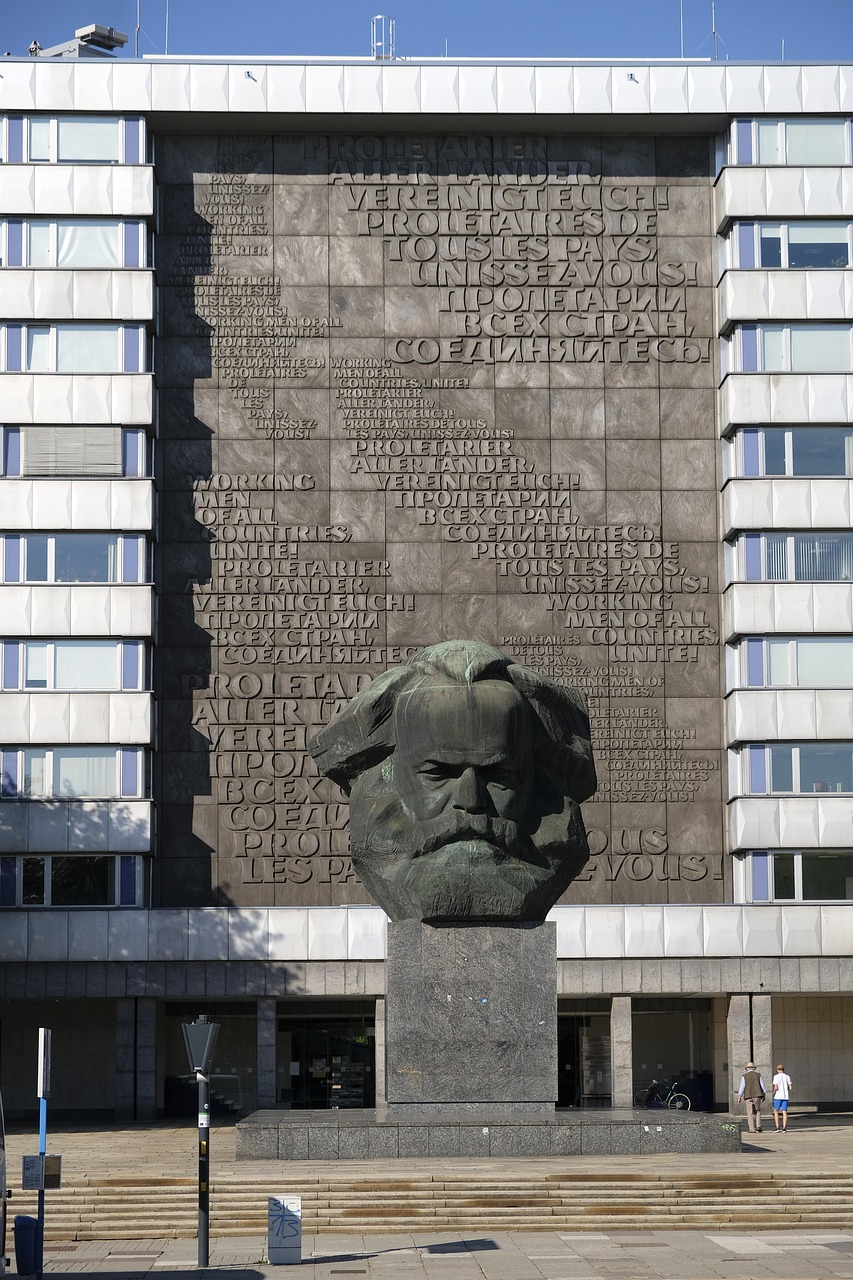David Cameron wakes up slowly – and then abruptly. He jumps up in bed and gasps as he realises that he is in the wrong place.
He stares at the room in disbelief. The room is not unfamiliar to him, quite the opposite. He knows it all too well. It is just that he has not been here in over seven years. He is back at his old residence. He is at 10 Downing Street.
-“Samantha…”, he says, his voice shaky and a touch too loud. “Why are we at 10 Downing Street?”
-“Because you’re the Prime Minister, silly”, Samantha Cameron replies, sleepily.
-“But… I’m not!”, he protests. “I haven’t been for a long time.”
-“You had that bad dream about losing the election again”, Samantha says. “It’s fine. You are the Prime Minister, and everything is fine. Go back to sleep, David.”
-“No, I’m not talking about any bad dream!” Cameron objects, now almost yelling. “Do you not remember Brexit? Theresa May losing her majority – my majority! – to that communist Corbyn? And then that snake Boris… And Covid!”
-“David, you’re not making any sense”, Samantha Cameron replies. “I have no idea what a “Brecksid” is. And I don’t know any communist called “Korben” either.”
Annoyed, Cameron jumps out of bed. “This is all some kind of silly joke!”, he protests, and storms out of the room.
When he looks into the mirror in the hallway, a ten-years-younger version of himself stares back at him.
-“It can’t be…” he whispers, touching the surface of the mirror.
He stumbles downstairs. “Coffee”, he mumbles to himself. “I need a strong coffee. I’m not thinking straight.”
Copies of today’s newspapers are already neatly arranged on his kitchen table. Except, they are not “today’s” at all. They all have the same date on them: 9 January 2012.
He wants to check the date on his phone, but he cannot find it: he only finds his old Blackberry, which he is sure he discarded ages ago – in the pocket of a jacket which he discarded even earlier.
At that moment, Cameron’s political instincts, which served him so well so many times throughout his political career, are kicking back in again. He remembers a piece of advice one of his former bosses had once given him: “When you’re in a situation you don’t really understand, the worst thing you can do is overthink it. Don’t think about the “why” and the “how”: you’re a politician, not a philosopher. Just go with the flow. Act naturally, and at some point, it will start to feel natural.”
“I’ve somehow travelled back in time”, he says. “I’m back in 2012. I have no idea why. I just am.”
He remembers a novel he once read, “Replay” by Ken Grimwood, which was about a man who somehow wakes up in the body of his 25-years-younger self. Cameron tries to remember more about the story. Was it some kind of morality tale? Was there something the protagonist had to sort out in his past? Was that the reason why he was given the chance to – or forced to – relive it?
-“Brexit!”, Cameron shouts, punching the table. “It’s got to be that! Of course it’s Brexit! I messed it up the first time, and I now have a chance to redeem myself!”
Two hours later, Cameron is sitting in a cabinet meeting with his former colleagues (although he is no longer sure whether “former” is really the right word). He wonders whether this meeting has already taken place once. It must have. But he has no particular recollection of it.
Until he sees Michael Gove filling his cup with steaming hot coffee, and placing it on the edge of the table. Cameron now remembers how Gove knocked over that cup, and spilled the hot coffee all over himself.
For a moment, he wonders whether he should warn him, but decides against it. A minute later, it happens. Again, from Cameron’s perspective. For the first time, from everyone else’s.
As the meeting progresses, Cameron tries to get back into the routine. But the benefit of hindsight inevitably creates a barrier between him, and everyone else in the room.
His colleagues work under the assumption that, with the recession technically over, the economy is soon going to return to real annual growth rates of around 2 per cent. They are expecting a period of steady productivity growth, steady wage growth, and steady growth in household spending. Cameron knows that none of that is going to happen. He knows that the 2010s are going to be a lost decade for Britain.
His colleagues also believe that “austerity” is no more than a short-term emergency measure, and that before long, they will be able to turn the spending taps back on again.
They believe that house prices are going to stabilise at their current level, because the housing “bubble”, as they see it, has been deflated. They believe that, even if they do nothing, homeownership rates will just naturally start rising again.
Cameron knows this to be completely false. He knows that over the next decade or so, house prices are going to rise by over a third in real terms – to their highest level ever – and that, despite expensive attempts by his government and the next ones to increase it, home ownership is going to drop.
Did I also believe all the nonsense they believe? Cameron asks himself. Was I really this deluded? He can’t remember exactly, but he must have been.
The next meeting is with a group of pollsters, election strategists and spin doctors. Cameron, once again, notices the same barrier between himself and everyone else in the room, he simply cannot share any of their unsubstantiated optimism. Several people around the table talk about the government’s inability to connect with Millennial voters, who, although not a hugely political generation, appear to overwhelmingly lean left. But nobody in the room sees this as a problem, because everyone assumes that over the next decade or so, left-wing Millennials will just naturally grow out of their youthful leftism, and become more conservative.
Cameron knows that the opposite will happen. He knows that in a few years from now, the Millennial generation will have its political awakening with “Corbynmania”, and that the vast majority of left-wing Millennials are only going to move one way: further to the left.
The day continues in the same vein. The people he meets keep talking about great things they expect to happen over the next couple of years, and Cameron knows that none of those things are going to happen. He finds this unwarranted optimism that surrounds him thoroughly depressing. I am the Prime Minister of the land of false hopes, he thinks.
Throughout the day, he keeps wondering: where did it all go so wrong?
He returns to Downing Street late in the evening. His family is probably already asleep. He sits down to unwind with a glass of wine.
-“Great interview yesterday, Prime Minister”, he hears the voice of one of his assistants, who is on her way out.
Cameron vaguely remembers her. She would defect to Labour four or five years from now.
-“What interview?”, he says.
-“The one on BBC Countryfile”, his assistant clarifies. “You used a very memorable line. You said you would no more put the English countryside at risk than you would put your own family at risk.”
-“Did I really say that?!”, Cameron responds in disbelief. What an insane thing to say! What an absolutely cringeworthy line!
And then all of a sudden, the realisation hits him. He isn’t here because of Brexit at all. Brexit has got nothing to do with it. He is here because of that interview, or rather, the attitude he expressed in it. Because that build-nothing, block-everything attitude, that hyper-NIMBYism – that is exactly what got Britain into this mess.
He empties his wine in one go, and slams the glass on the table so hard it almost shatters.
-“Of course!”, he shouts. “How could I not see that? It’s been staring me in the face the whole time! Of course Britain stopped growing! How can a country grow when it’s governed by such an attitude? We’ve turned the whole country into a decrepit Harry Potter theme park.”
But he decides that this time, he will get it right.
Continue to Part 2…
















I want to read part II now!!